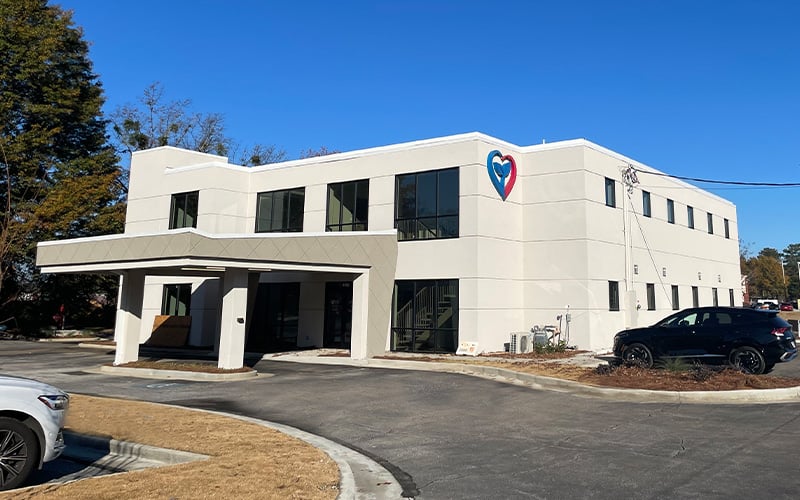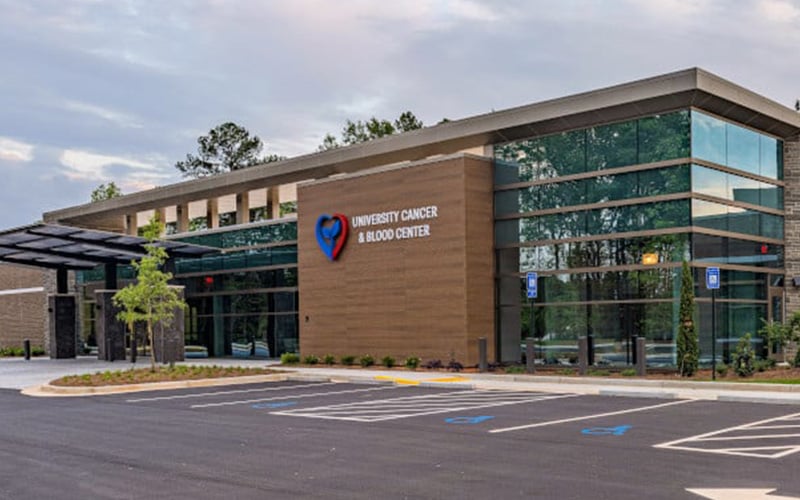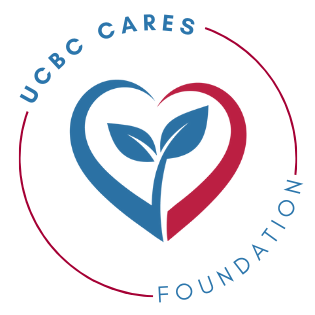Overview:
Pancreatic cancer can develop from two kinds of cells in the pancreas: exocrine cells and neuroendocrine cells, such as islet cells. The exocrine type is more common and is usually found at an advanced stage. Pancreatic neuroendocrine tumors (islet cell tumors) are less common but have a better prognosis. Having one or more of the typical symptoms does not mean you have pancreatic cancer. Signs and symptoms can include jaundice, belly or back pain, weight loss, and poor appetite, nausea and vomiting, gallbladder or liver enlargement, blood clots, and diabetes,
Who treats pancreatic cancer?
Surgical oncologists, radiation oncologists, medical oncologists, and gastroenterologists
Treatment options:
- Surgery
- Ablation or embolization treatments
- Radiation therapy
- Chemotherapy
- Targeted therapy
- Immunotherapy
To learn more about pancreatic cancer, click here.
Source: National Cancer Institute


















